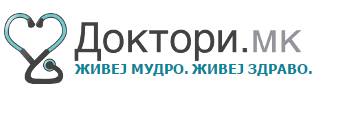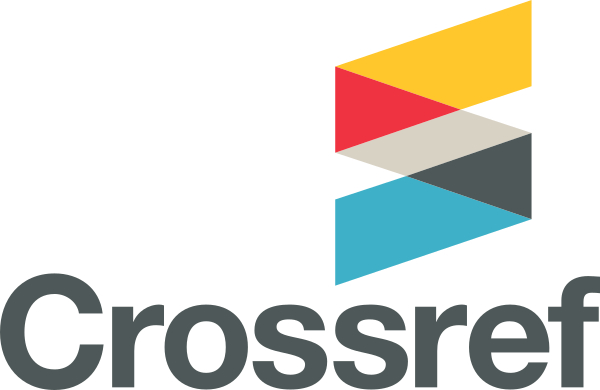JSER Policies
JSER Online
JSER Data
Frequency: quarterly
ISSN: 1409-6099 (Print)
ISSN: 1857-663X (Online)
Authors Info
- Read: 18362
Aneta
ANDONAKIS
JUSTIFICATION
OF THE EXISTENCE OF PREPARATORY GROUPS IN SPECIAL SCOOLS FOR CHILDREN LIGHTLY HANDICAPPED
Researches about child’s
intellectual development in the psychology has started in the 19th century and
the first step has been made by Tiedemann in “ Observation of the development
of the mental abilities of the children”. His work caused a great interest in
the circles of doctors and psychologists. Their interpretation of intelligence
was different, but the most acceptable is the performance of complicated
activities for getting knowledge and skills and getting over the obstacles in
the development of the person”.
The social ability do not correspond
with the intelligence. The two aspects are tested and a complete picture of
their functioning can be seen. The developmental principle is determined from
general to the separate as functionally connected.
In the period when a child does not
accept the higher level of intelligence and thinking , in relation to which are
effectuated by sense-motor activities, than we say that a child is mentally
handicapped. The widest approach of the educational system should be treated as
a functional, institutional and organizational, that takes part in the
realization of the social aims and tasks.
Not getting into viewing of the
curriculums and programs for preparatory groups in the pre-educational period,
we may say that the justification for the existence of these group in the
regular schools, is maturation of the perceptive motor coordination and
learning. With the maturing the function of the "ego" is increasing.
As a child adapts better he can learn better, and the maturity comes
sooner. In this way these groups are justified.
Mentally
handicapped child has not the opportunity to attend an organized prepared education which provides:-forming of
the speech, self-control, which can be achieved in the process of learning
through a direct contact with other children;
·
regulation of the lateralisation through re-education of the
psycho-motor abilities, and in general neuro-motor experienced maturation
·
control of the aggressive behavior
·
adaptation to the environment and the obligations
·
socialization as a result of the social learning.
According to my experience the
preparatory period for these children, should last two years, because their
mental abilities are lower compared to other children’s at the same age. The
results of testing by WISC are proving the same. For the last forty years there
are many institutions for education of
the children with mental disorders, light, but none of them have preparatory classes,
in Macedonia. World’s experience s are showing that this kind of classes are
necessary for further development of the handicapped children. This means that
the existence of that kind of groups is of great importance and responsibility
of all the factors which are included in the education and the good of
children.
Share Us
Journal metrics
-
 SNIP 0.059
SNIP 0.059 -
 IPP 0.07
IPP 0.07 -
 SJR 0.13
SJR 0.13 -
 h5-index 7
h5-index 7 -
 Google-based impact factor: 0.68
Google-based impact factor: 0.68
10 Most Read Articles
- PARENTAL ACCEPTANCE / REJECTION AND EMOTIONAL INTELLIGENCE AMONG ADOLESCENTS WITH AND WITHOUT DELINQUENT BEHAVIOR
- RELATIONSHIP BETWEEN LIFE BUILDING SKILLS AND SOCIAL ADJUSTMENT OF STUDENTS WITH HEARING IMPAIRMENT: IMPLICATIONS FOR COUNSELING
- EXPERIENCES FROM THE EDUCATIONAL SYSTEM – NARRATIVES OF PARENTS WITH CHILDREN WITH DISABILITIES IN CROATIA
- INOVATIONS IN THERAPY OF AUTISM
- AUTISM AND TUBEROUS SCLEROSIS
- THE DURATION AND PHASES OF QUALITATIVE RESEARCH
- REHABILITATION OF PERSONS WITH CEREBRAL PALSY
- DISORDERED ATTENTION AS NEUROPSYCHOLOGICAL COGNITIVE DISFUNCTION
- DIAGNOSTIC AND TREATMENT OPTIONS IN AUTISTIC SPECTRUM DISORDERS – AN OVERVIEW
- HYPERACTIVE CHILD`S DISTURBED ATTENTION AS THE MOST COMMON CAUSE FOR LIGHT FORMS OF MENTAL DEFICIENCY
















